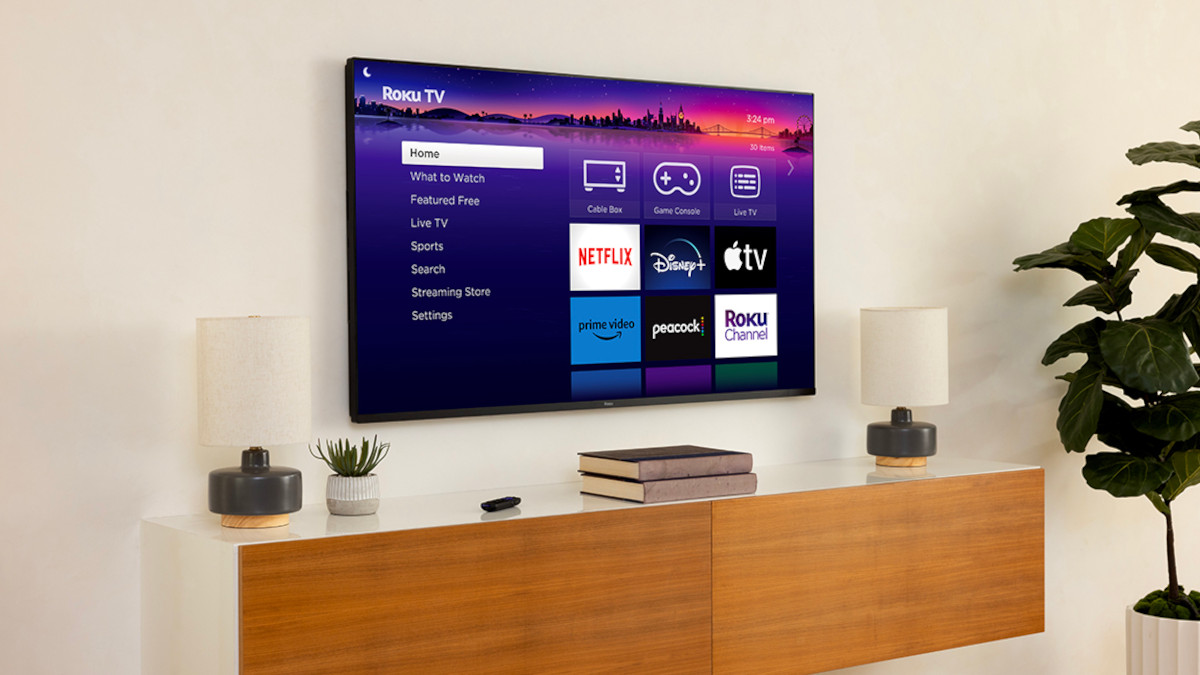Managing your finances can be overwhelming, especially when you’re just starting out. But with the right financial planning software, you can simplify tasks like budgeting, tracking investments, and planning for retirement.
Read more: If you’re considering buying a CD, Suze Orman says you should do it now – here’s why
Find out: 3 things to do when your savings reaches $50,000
This guide will help you choose the software that fits your unique financial needs by examining its ease of use, cost, and essential features.
Popular now: Suze Orman’s Secret to a Rich Retirement: Did You Make This Money Change?
First, think about what you want to achieve with financial planning. Are you mainly concerned with budgeting daily expenses, keeping track of your investments or planning your future retirement? There are many different tools on the market that target different goals, so clarifying your objectives will help you find the right fit.
It’s also essential to consider both your short- and long-term financial goals. Immediate needs, such as saving for a vacation or managing monthly expenses, may require simple budgeting tools. But if you’re looking at long-term growth, such as retirement, you may want more comprehensive investment tracking and forecasting features.
Consider how complex you want your software to be. Beginners may prefer an intuitive tool with clear features, while those with more experience may want detailed analysis and a range of scheduling options.
For You: I’m a Money Expert: 4 Reasons Why You Should Stock Up on $100 Bills Before Winter
There are several types of financial planning software available, each catering to different needs and financial goals.
Whether you’re looking for simple budgeting tools or a comprehensive solution for managing investments and long-term goals, choosing the right type of software can make a big difference in staying organized and on track.
Personal finance apps are generally simple and suitable for beginners, with an emphasis on general money management and budgeting. These tools are ideal if you want to track your expenses without delving deep into complex financial planning.
If you’re focused on long-term financial growth, consider software specifically designed for investment and retirement planning. These tools can track portfolios, predict returns and help you tailor your retirement goals.
Some software combines budgeting, investment tracking, and goal setting, creating an all-in-one solution. This type of software is useful if you want a holistic view of your finances.










